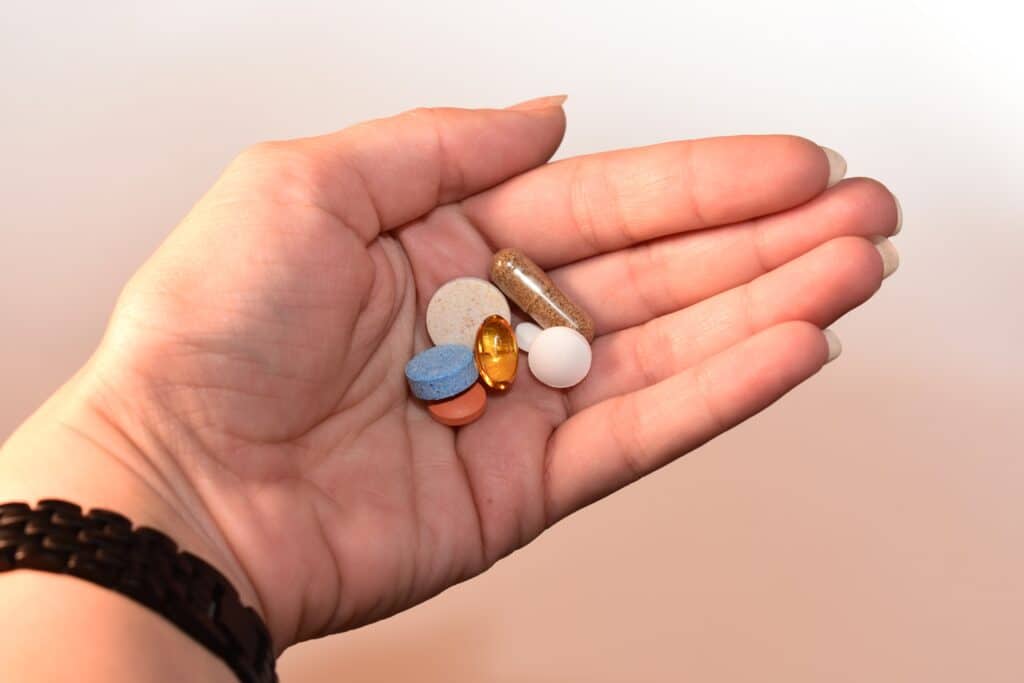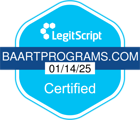According to the National Institute on Drug Abuse, between 8 and 12% of people with opioid prescriptions develop opioid use disorder. Opioids help many patients with chronic pain when taken as directed. However, they also come with risks that need the right management. If you have a prescription painkiller addiction or take opioids for pain, you can take measures to improve your health. Learn more about painkiller addiction and what to know as a patient who takes opioids.
About Prescription Painkiller Addiction
Opioid medications relieve pain on a short-term basis when their benefits outweigh potential risks. These medicines include, but are not limited to:
- Codeine
- Fentanyl
- Morphine
- Hydrocodone
- Oxycodone
- Tramadol
An opioid painkiller binds to your body’s opioid receptors to reduce pain signals. Your doctor will work with you to help you find a dose that controls pain while providing the lowest risk.
How to Lower Your Risk of Painkiller Addiction
After you take opioid medication for an extended period, you might develop a tolerance or dependence. When you have a tolerance to opioids, you need more of the medicine to feel the same pain relief. Opioid dependence involves your body becoming used to opioids, causing you to experience withdrawal symptoms when you stop taking them. If you have one of these effects, you don’t necessarily have an addiction. However, they do make it important to follow your doctor’s directions.
If you take an opioid medication, you can reduce your risk of developing an addiction by working closely with your doctor. Keep them updated on:
- Your pain symptoms
- Side effects
- Your other medications and health conditions
- How closely you follow your opioid treatment plan
Remember to check with your doctor before making any changes in your opioid treatment. They can help you find ways to adjust your treatment plan safely.
What to Do If You Think You Have Opioid Use Disorder
You could have an opioid addiction if you:
- Have uncontrollable urges to use opioids
- Use more opioids than directed or for longer than instructed
- Withdraw from social activities and hobbies
- Spend a lot of time recovering from opioid use or looking for opioids
Let your doctor know if you think you have an opioid addiction or contact an opioid use disorder treatment center.
Managing Opioid Use Disorder With a Treatment Center’s Help
Treatment clinics like BAART Programs help patients recover from opioid addiction. At BAART Programs, we offer the following services for opioid use disorder recovery:
- Medication-assisted treatment (MAT): During MAT, you will take a medication that relieves your withdrawal symptoms for a higher chance of recovery success.
- Opioid use disorder counseling: Your BAART opioid addiction counselor will help you set treatment goals and develop strategies to meet them.
- Social and medical support: Some BAART clinics also provide medical and social services for extra support during recovery.
By targeting the medical, emotional and social aspects of addiction, we aim to help you recover in multiple areas of life.
Begin the Path to Recovery From Painkiller Addiction
Let us help you take back your life from opioids. To learn more about BAART and our services, contact us online today.



